In today’s competitive job market, attracting and retaining top talent is more critical than ever. As the workplace evolves, so too do the methods businesses use to recruit, hire, and retain exceptional employees. To stay ahead of the curve, HR teams and hiring managers must be aware of the latest talent acquisition trends. Here are some of the top trends shaping the future of recruitment in 2025 and beyond.
1. AI and Automation in Recruitment
Artificial Intelligence (AI) and automation are transforming the talent acquisition landscape. These technologies are streamlining the hiring process, helping recruiters find the best candidates faster and more efficiently. AI-driven tools can analyze resumes, match candidates to job descriptions, and even conduct initial rounds of interviews, saving time and ensuring a more objective and data-driven approach.
Why It Matters:
- AI improves candidate matching and reduces human bias
- Automation speeds up repetitive tasks, allowing HR teams to focus on strategic activities
- Data-driven decisions lead to better hiring outcomes
Tip: Invest in AI recruitment tools to optimize your hiring process and enhance the candidate experience.
2. Candidate Experience is Everything
In 2025, the candidate experience is a crucial factor in attracting top talent. Job seekers are more selective than ever, and a negative application process can turn them away before they even get to the interview stage. Companies that focus on creating a positive, transparent, and engaging experience for candidates—whether they are hired or not—are more likely to build a strong employer brand and increase their chances of attracting the best talent.
Why It Matters:
- A great candidate experience enhances your employer brand
- Positive experiences lead to better candidate engagement, even for those not hired
- Candidates who have a great experience are more likely to recommend your company to others
Tip: Ensure clear communication throughout the hiring process and provide timely feedback to candidates.
3. Diversity, Equity, and Inclusion (DEI) Focus
Diversity, equity, and inclusion (DEI) are no longer just buzzwords—they are central to successful talent acquisition strategies. Today’s job seekers expect organizations to foster inclusive environments where people from all backgrounds feel valued. DEI not only helps improve company culture but also drives innovation and business success. Businesses with diverse teams perform better and are more likely to attract top talent.
Why It Matters:
- Diverse teams bring varied perspectives and innovative ideas
- A focus on DEI boosts your organization’s reputation and attracts diverse candidates
- DEI initiatives promote a positive and inclusive work culture
Tip: Incorporate DEI into your recruitment strategy by using inclusive language in job descriptions, broadening your talent pool, and ensuring equal opportunities for all candidates.
4. Remote and Hybrid Work Opportunities
The rise of remote and hybrid work has reshaped the talent acquisition landscape. Job seekers now expect flexible work options, and many businesses are adapting to meet this demand. Offering remote or hybrid work can help attract top talent from a global pool, allowing you to tap into candidates who may not be located near your office.
Why It Matters:
- Remote and hybrid work offer flexibility, which is highly valued by employees
- Expands the talent pool to include candidates from different geographical locations
- Remote work can lead to higher employee satisfaction and retention
Tip: Ensure your recruitment process is tailored to accommodate remote work options, and promote your organization’s flexibility during the hiring process.
5. Skills-Based Hiring Over Degrees
In 2025, skills-based hiring is gaining momentum. Instead of focusing primarily on candidates’ educational backgrounds, employers are shifting their attention to the skills and experience that candidates bring to the table. This trend is driven by the recognition that traditional degrees don’t always align with real-world job requirements. Skills-based hiring opens the door to a broader talent pool and helps identify candidates who can truly excel in the role.
Why It Matters:
- Skills-based hiring helps you find candidates with the right abilities, regardless of their educational background
- Focus on potential and practical experience rather than relying solely on degrees
- Enables you to tap into a wider, more diverse pool of candidates
Tip: Use skills assessments, portfolio reviews, and practical tests to evaluate candidates’ qualifications and fit for the role.




